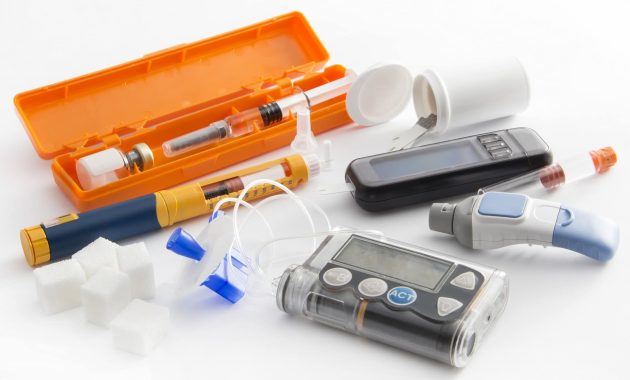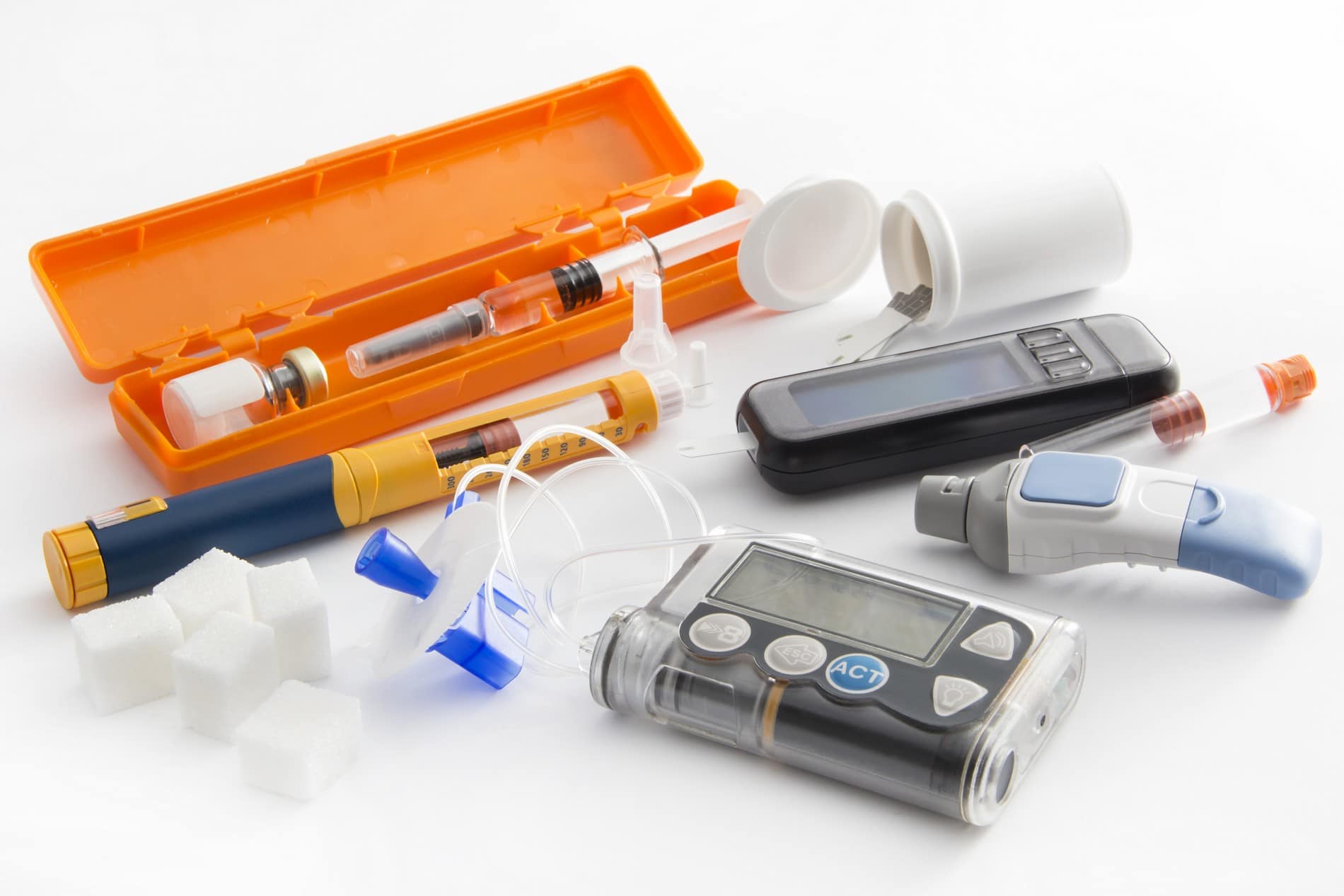
Diabet Proven Methods to Boost Insulin Sensitivity: A Comprehensive Guide
Insulin resistance, a condition where cells don’t respond effectively to insulin, is a critical factor in the development of type 2 diabetes. It’s also linked to other health problems. Fortunately, there are diabet proven methods to boost insulin sensitivity. This guide explores these methods in detail, providing actionable steps to improve your metabolic health. We will examine lifestyle changes, dietary modifications, and other strategies. These strategies are crucial for managing and preventing insulin resistance. This can lead to better blood sugar control and overall well-being.
Understanding Insulin Resistance
Insulin is a hormone produced by the pancreas. Its primary role is to regulate blood sugar levels. Insulin allows glucose (sugar) from the bloodstream to enter cells. These cells then use it for energy. In insulin resistance, cells become less responsive to insulin. This means glucose can’t enter cells as efficiently. This leads to a buildup of glucose in the blood. The pancreas then tries to compensate by producing more insulin. Over time, this can exhaust the pancreas and lead to type 2 diabetes.
Several factors contribute to insulin resistance. These include genetics, obesity, lack of physical activity, and poor dietary choices. Understanding these factors is the first step in addressing the problem. It’s essential to identify the root causes to implement effective solutions. This will improve your overall health and well-being.
The Power of Diet: Nutritional Strategies
Diet plays a central role in managing insulin resistance. The foods we consume have a direct impact on blood sugar levels. They also affect insulin sensitivity. Adopting a diet that supports insulin sensitivity is a powerful tool. It is a diabet proven method to boost insulin sensitivity.
Prioritizing Whole Foods
Focusing on whole, unprocessed foods is crucial. These foods are naturally lower in sugar and refined carbohydrates. They also provide essential nutrients. Include plenty of non-starchy vegetables, fruits, lean proteins, and healthy fats in your diet. These foods help stabilize blood sugar levels. They also support overall metabolic health. Avoid processed foods, sugary drinks, and excessive amounts of refined carbohydrates.
Managing Carbohydrate Intake
Controlling carbohydrate intake is vital. Choose complex carbohydrates over simple carbohydrates. Complex carbohydrates digest more slowly. This prevents rapid spikes in blood sugar. Examples include whole grains, legumes, and vegetables. Limit refined carbohydrates like white bread, pasta, and sugary snacks. Monitor your carbohydrate intake. Adjust it based on your individual needs and activity levels. [See also: Best Carbohydrates for Diabetics]
The Role of Fiber
Fiber is a key component of a diabetes-friendly diet. It slows down the absorption of sugar. This prevents large blood sugar fluctuations. Aim for a high-fiber diet. Include foods like vegetables, fruits, beans, and whole grains. Fiber also promotes satiety. This helps with weight management. Weight management is another important factor in improving insulin sensitivity.
Incorporating Healthy Fats
Healthy fats are an important part of a balanced diet. They help improve insulin sensitivity. Include sources like avocados, nuts, seeds, and olive oil. These fats help stabilize blood sugar levels. They also support overall cardiovascular health. Limit unhealthy fats like trans fats and saturated fats from processed foods.
Exercise and Physical Activity
Regular physical activity is a potent diabet proven method to boost insulin sensitivity. Exercise helps improve the body’s response to insulin. It also helps regulate blood sugar levels. It also helps with weight management. Even moderate exercise can make a significant difference. This can improve your overall metabolic health.
Types of Exercise
A combination of different types of exercise is most effective. Include both aerobic exercise and resistance training. Aerobic exercise, such as brisk walking, running, or swimming, improves cardiovascular health. It also increases insulin sensitivity. Resistance training, like weightlifting or bodyweight exercises, builds muscle mass. Muscle is more metabolically active than fat. This increases insulin sensitivity.
Exercise Frequency and Intensity
Aim for at least 150 minutes of moderate-intensity aerobic exercise per week. Also, include strength training exercises at least two times per week. Find activities you enjoy. Consistency is key to reaping the benefits. Gradually increase the intensity and duration of your workouts. This will help you see continued improvements.
The Benefits of Exercise
Exercise provides numerous benefits beyond improving insulin sensitivity. It helps with weight management, improves cardiovascular health, and boosts mood. It also reduces the risk of other chronic diseases. Make exercise a regular part of your daily routine. You will experience significant improvements in your overall health.
Weight Management and Insulin Sensitivity
Weight management is closely linked to insulin sensitivity. Excess body fat, especially around the abdomen, can lead to insulin resistance. Losing even a small amount of weight can improve insulin sensitivity. It also improves metabolic health. A combination of diet and exercise is the most effective approach to weight loss.
Strategies for Weight Loss
Focus on creating a calorie deficit. This means consuming fewer calories than you burn. Follow a balanced diet. Engage in regular physical activity. Prioritize whole, unprocessed foods. Limit refined carbohydrates and added sugars. Consider consulting with a healthcare professional or a registered dietitian. They can help you create a personalized weight loss plan.
The Impact of Weight Loss
Weight loss can have a profound impact on insulin sensitivity. It can also improve blood sugar control. It also reduces the risk of type 2 diabetes and other health problems. Weight management is a crucial diabet proven method to boost insulin sensitivity. It also leads to a healthier life overall.
Stress Management and Insulin Sensitivity
Chronic stress can negatively impact insulin sensitivity. Stress hormones, like cortisol, can interfere with insulin’s action. This can lead to increased blood sugar levels. Managing stress is an important aspect of overall health. It is also a diabet proven method to boost insulin sensitivity.
Stress Reduction Techniques
Implement stress-reduction techniques into your daily routine. Practice mindfulness, meditation, and deep breathing exercises. Engage in activities you enjoy, such as spending time in nature or pursuing hobbies. Ensure you get enough sleep. Sleep deprivation can also increase stress levels. Consider seeking professional help if you are struggling with chronic stress.
The Benefits of Stress Management
Managing stress can improve insulin sensitivity. It also improves overall well-being. Reduce stress levels to maintain healthy blood sugar levels. Make stress management a priority. Your overall health will improve.
The Role of Supplements
Certain supplements may help improve insulin sensitivity. Always consult your healthcare provider before starting any new supplements. They can advise you on the best options for your needs. They can also ensure there are no interactions with any medications you are taking. Some supplements may offer benefits.
Berberine
Berberine is a plant compound. It has shown promise in improving insulin sensitivity. It does this by activating AMPK. AMPK is an enzyme involved in regulating metabolism. Berberine may also help lower blood sugar levels. More research is needed to fully understand its effects. Berberine should be used under medical supervision.
Magnesium
Magnesium plays a role in glucose metabolism. Magnesium deficiency is linked to insulin resistance. Supplementing with magnesium may improve insulin sensitivity. Magnesium can also improve other aspects of metabolic health. Talk to your doctor. They can determine if magnesium supplementation is right for you.
Other Supplements
Other supplements, such as cinnamon and alpha-lipoic acid, may also have benefits. Their effects on insulin sensitivity are still being studied. Research the supplements carefully. Consult your doctor before using them. [See also: Best Supplements for Diabetics]
Medical Interventions
In some cases, medical interventions may be necessary. These interventions can help manage insulin resistance. This is especially true for individuals with prediabetes or type 2 diabetes. Always consult with your healthcare provider to determine the best course of action for your health.
Medications
Several medications are available to treat insulin resistance. Metformin is a common medication. It helps improve insulin sensitivity. It does this by reducing glucose production in the liver. Other medications may also be prescribed. These medications help manage blood sugar levels. Your doctor will determine the best medication for you.
Monitoring and Management
Regular monitoring of blood sugar levels is essential. Work with your healthcare provider to develop a management plan. This will include regular check-ups and blood tests. Following your doctor’s recommendations is key. You will have a better chance of managing insulin resistance. You will also lower your risk of complications.
Lifestyle Changes for Long-Term Success
Making sustainable lifestyle changes is key to long-term success. This requires a holistic approach. Combine diet, exercise, stress management, and other strategies. This comprehensive approach will lead to lasting improvements. This is the best diabet proven method to boost insulin sensitivity.
Building Healthy Habits
Focus on building healthy habits over time. Start with small, manageable changes. Gradually incorporate new habits into your routine. Be patient with yourself. It takes time to establish new habits. Celebrate your successes along the way. This will help you stay motivated.
Consistency and Persistence
Consistency and persistence are essential. Stick to your healthy habits. Even when you face challenges. Don’t get discouraged by setbacks. Learn from them. Keep moving forward. Consistency will help you achieve your goals. It will also help you maintain your progress.
Seeking Support
Seek support from healthcare professionals, family, and friends. Join a support group. Connect with others who are on a similar journey. This will help you stay motivated and accountable. Support can make a significant difference in your success. It is a diabet proven method to boost insulin sensitivity.
Conclusion: Embracing a Healthier Future
Improving insulin sensitivity is a critical step toward better health. It involves a combination of lifestyle changes, dietary modifications, and other strategies. By adopting these diabet proven methods to boost insulin sensitivity, you can take control of your health. You can also reduce the risk of type 2 diabetes and other related conditions. Embrace a healthier future. Take the first step toward a better you.
Remember to consult with your healthcare provider. They can help you create a personalized plan. They can also address your specific needs. Your health is an investment. Make it a priority. [See also: Preventing Diabetes Complications]

